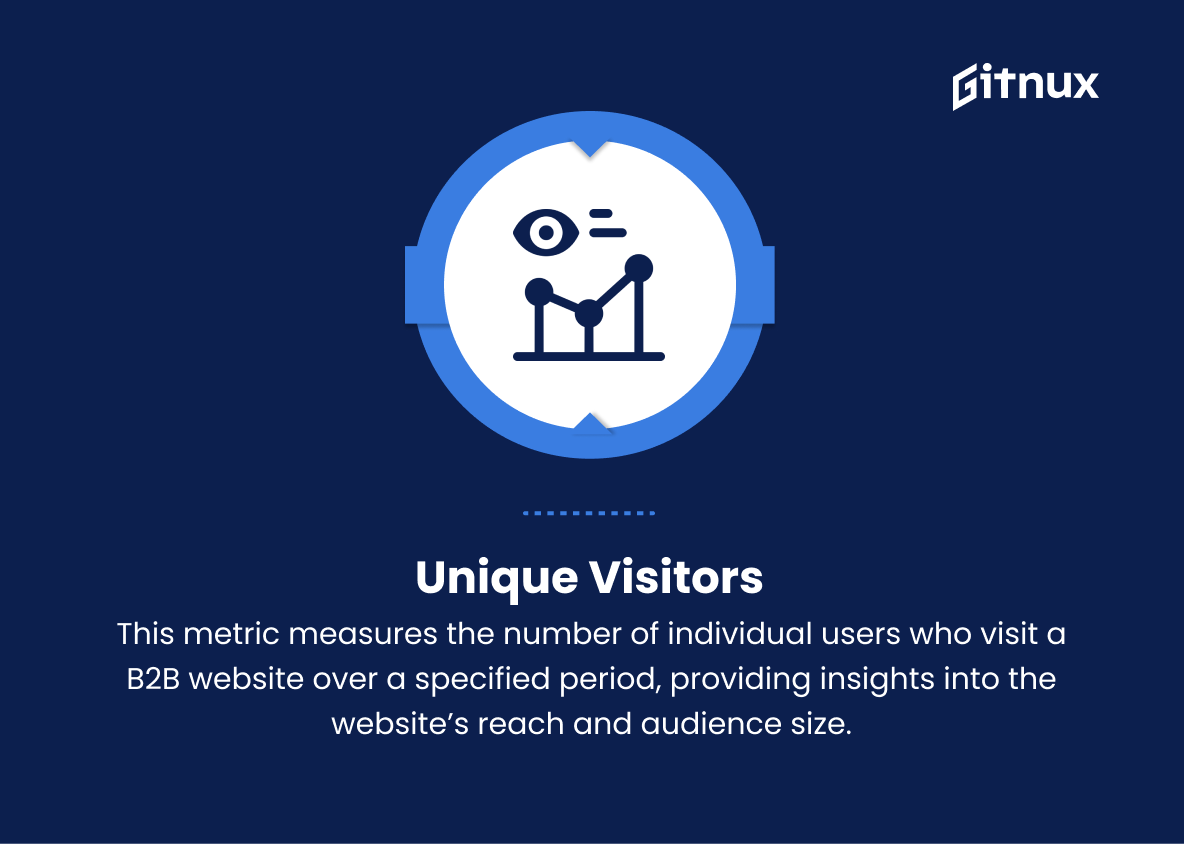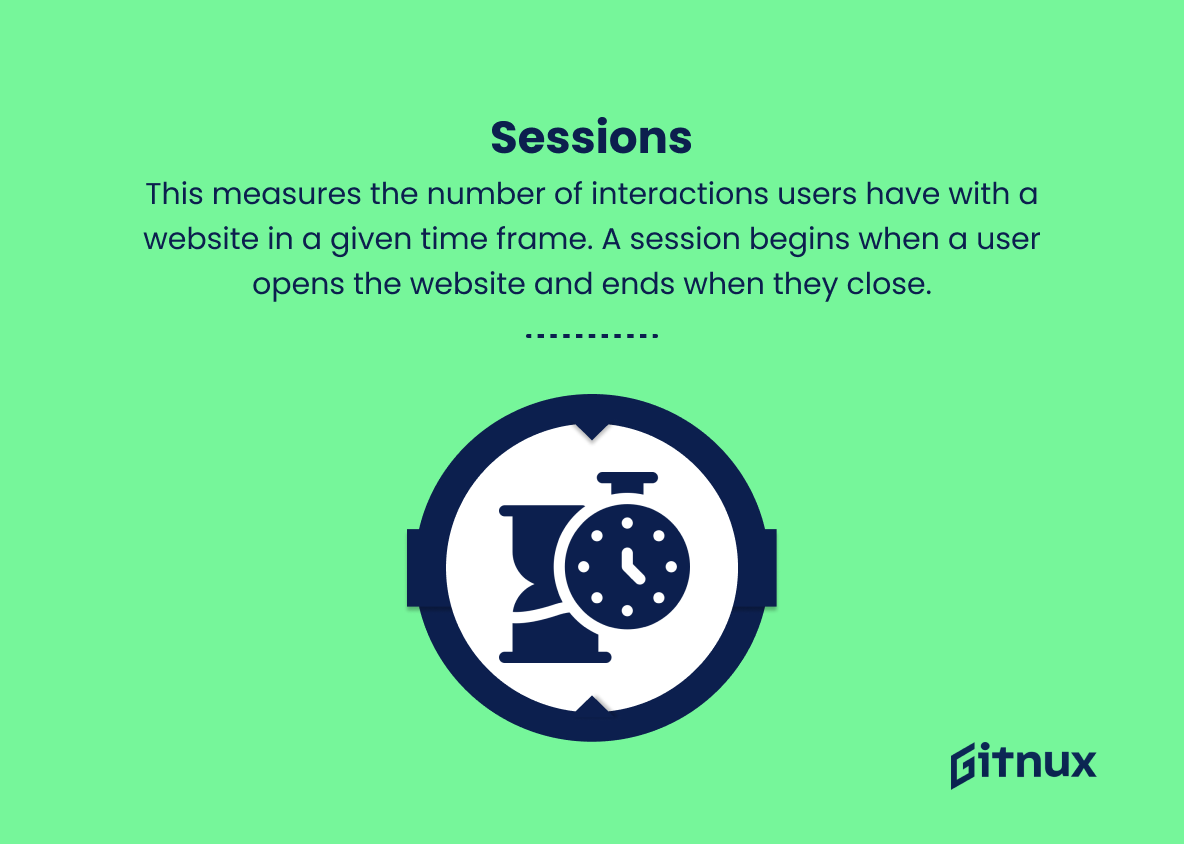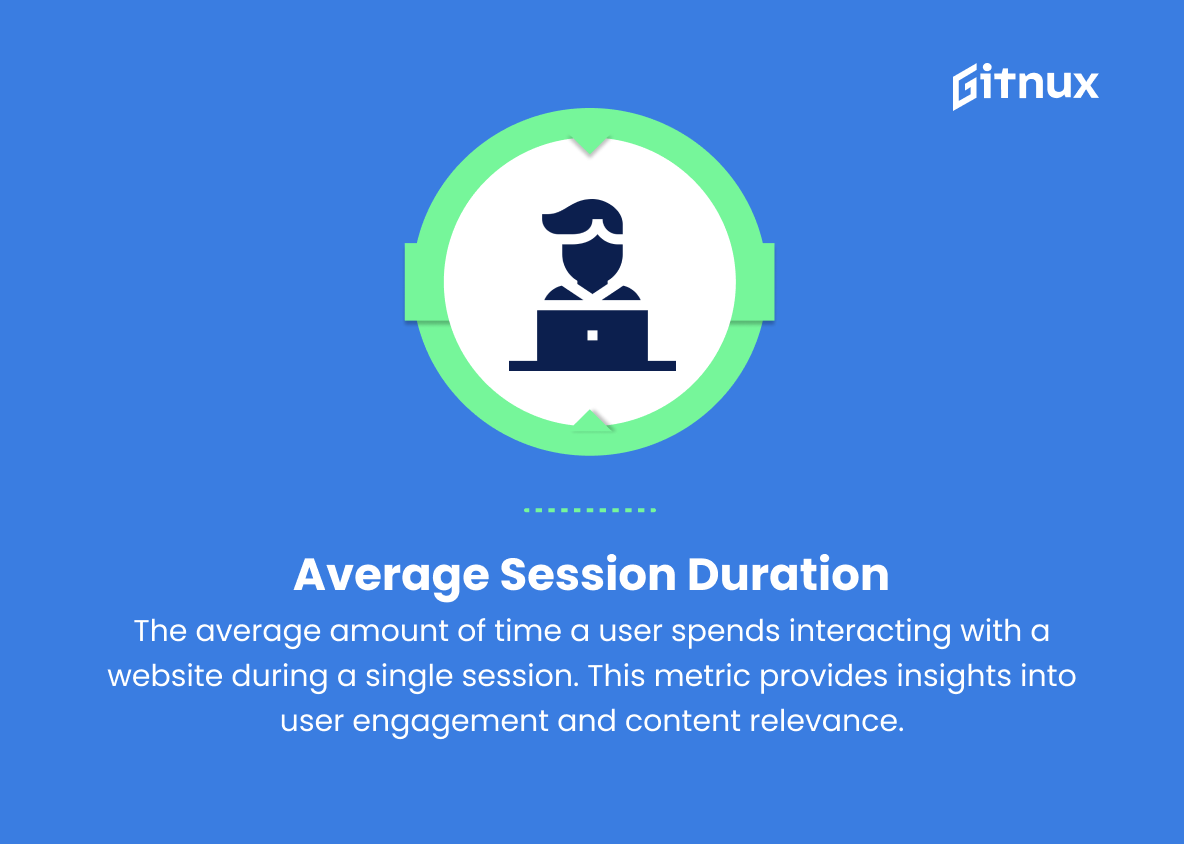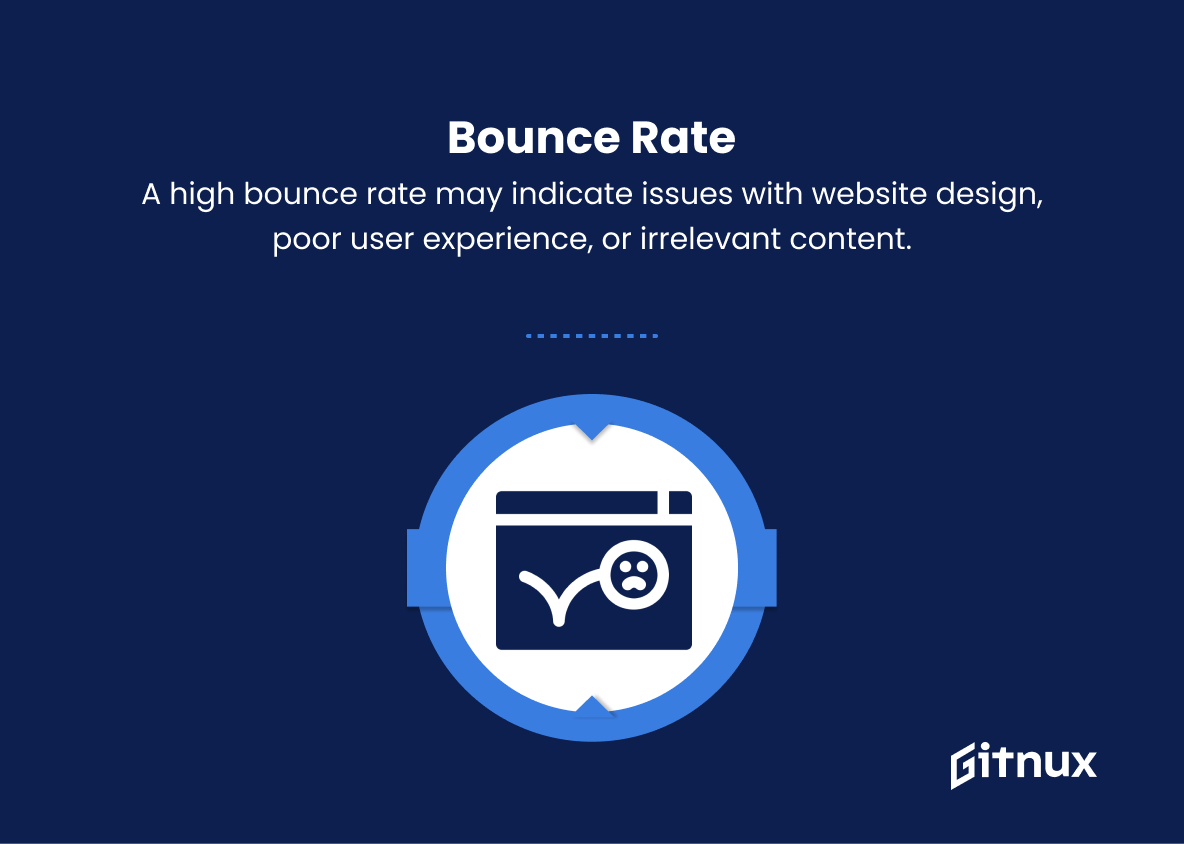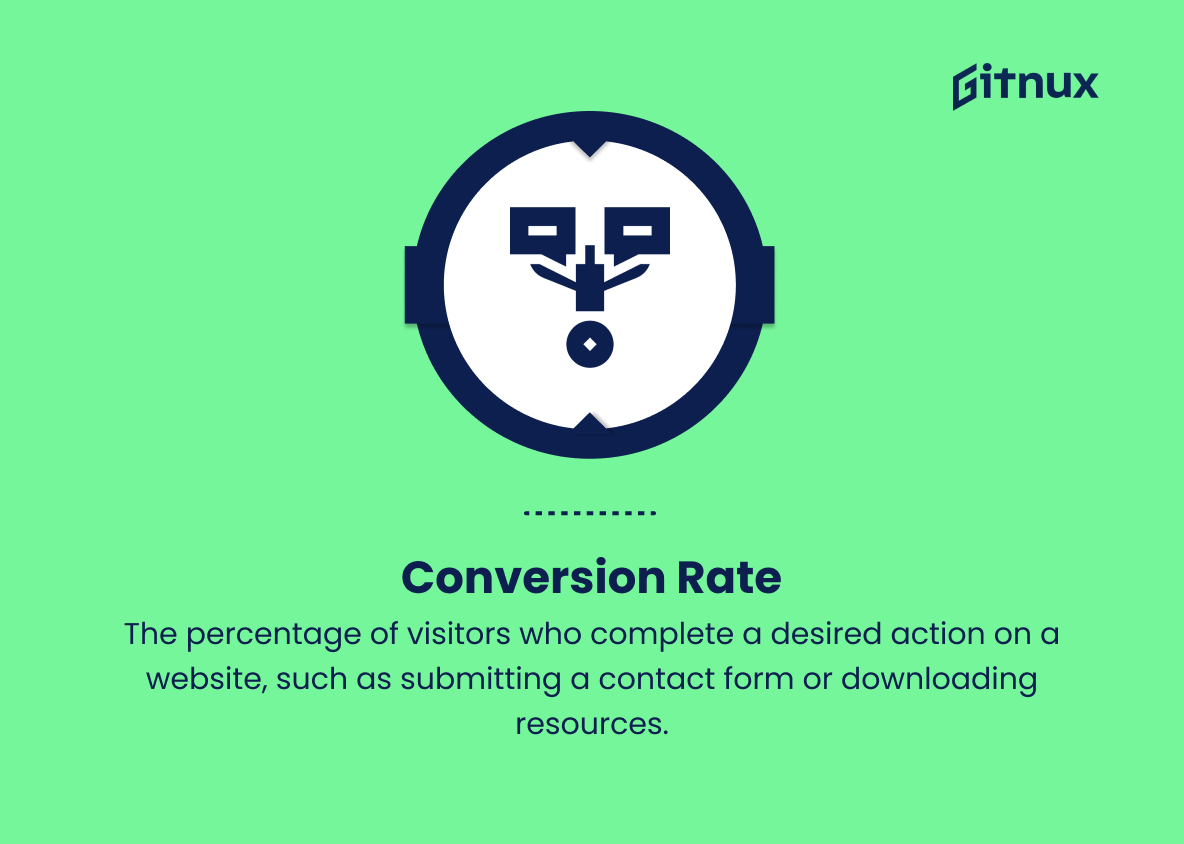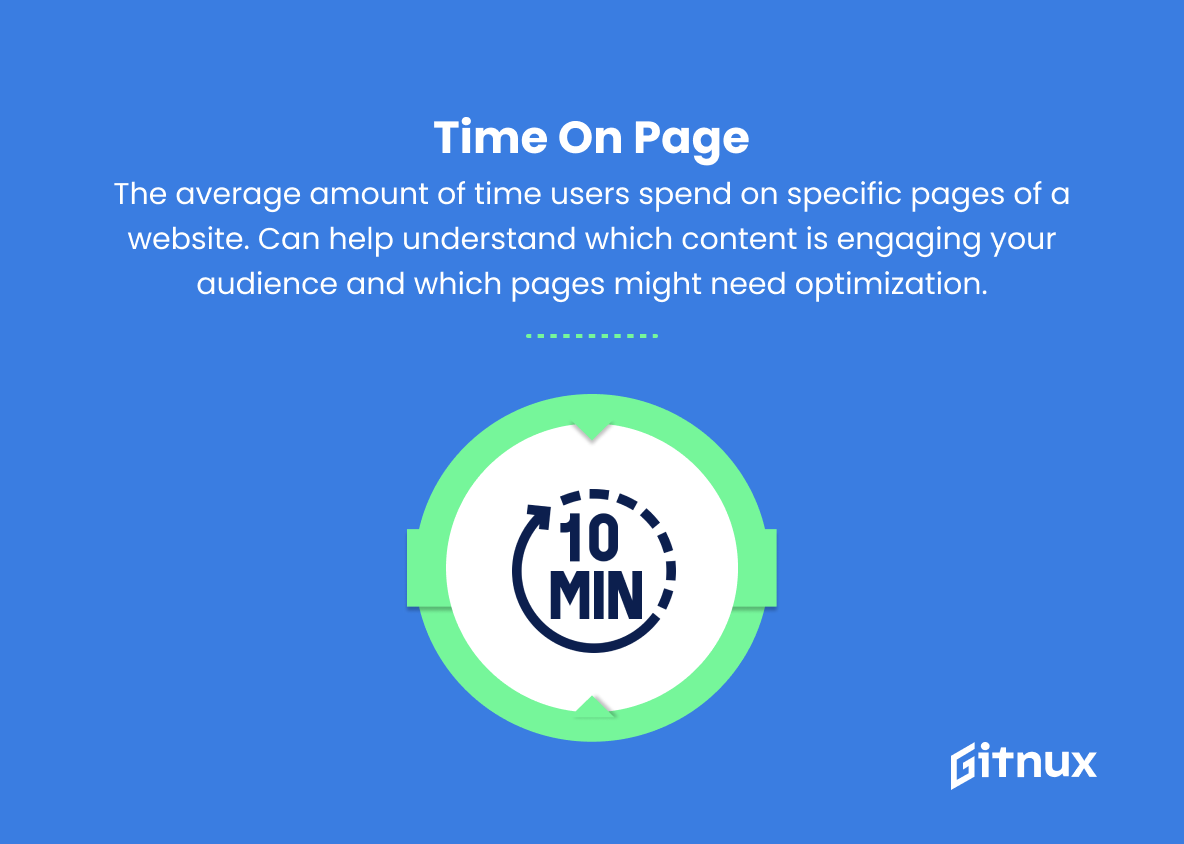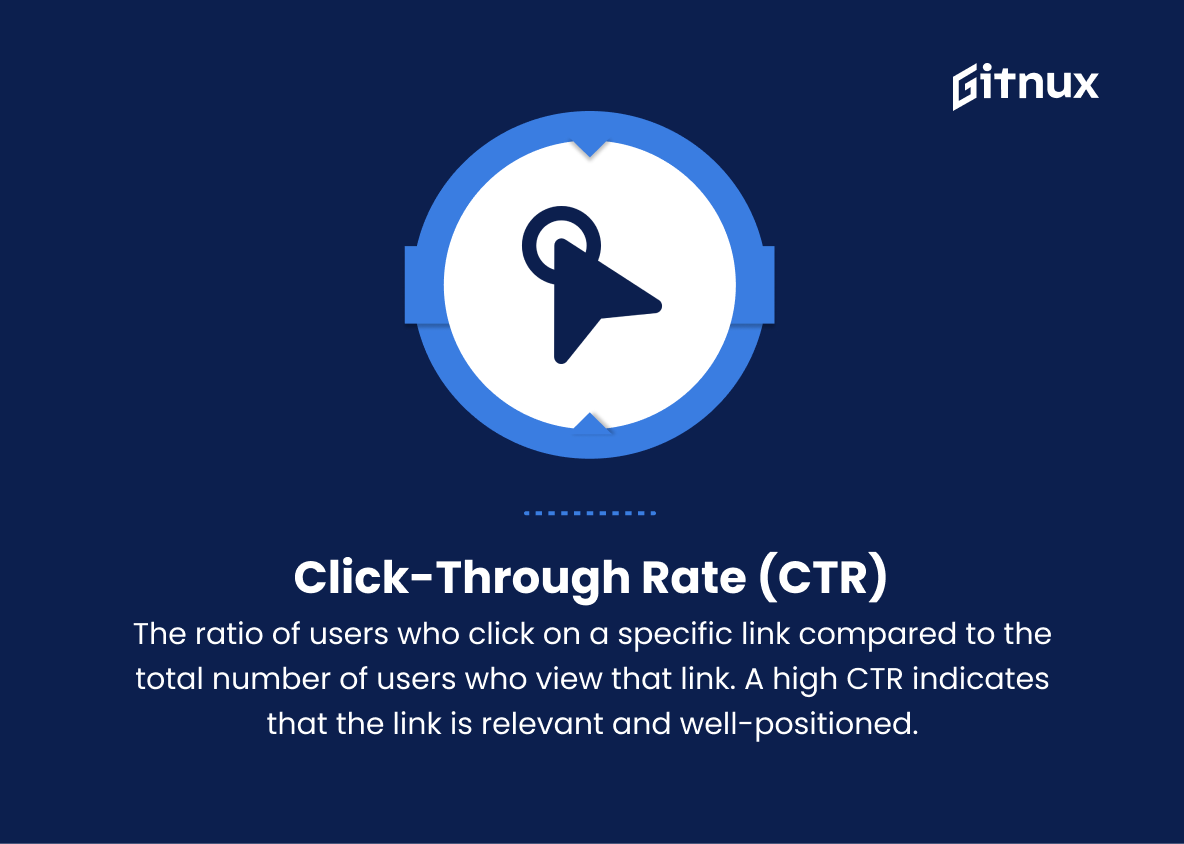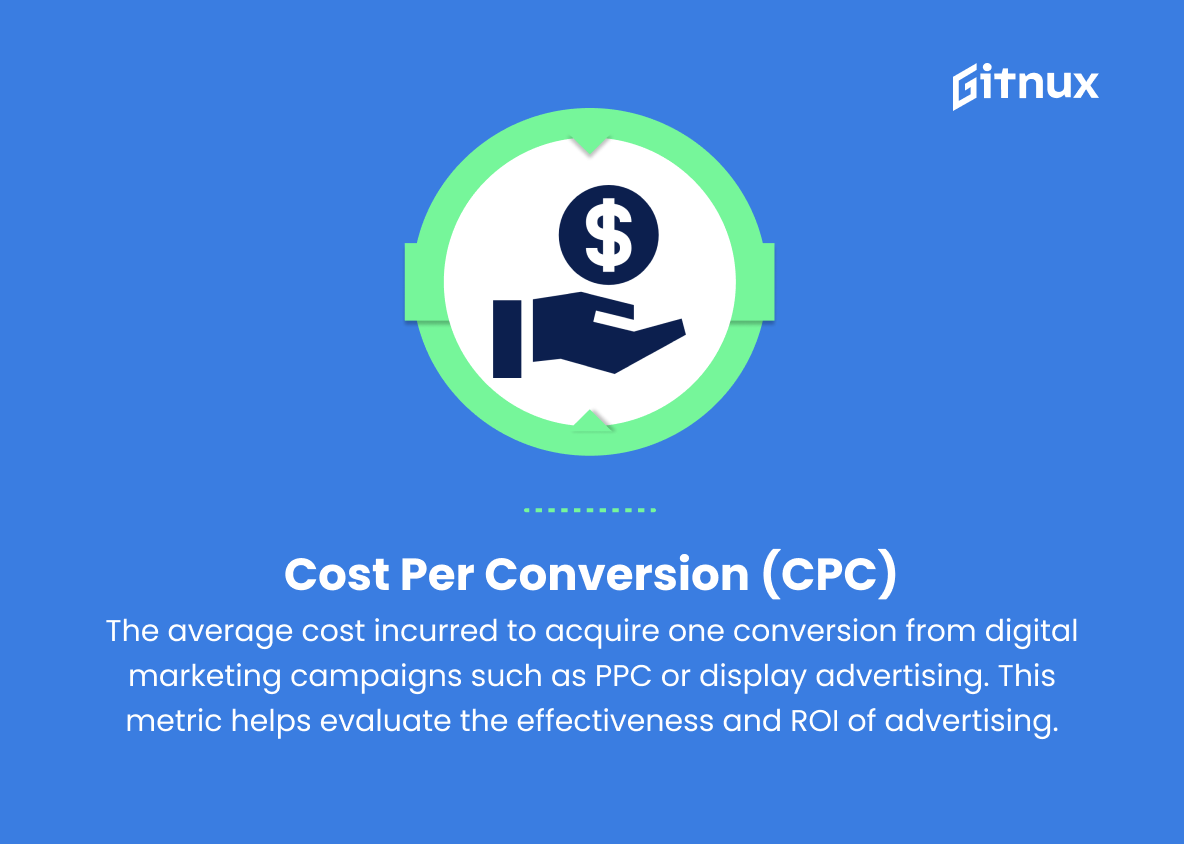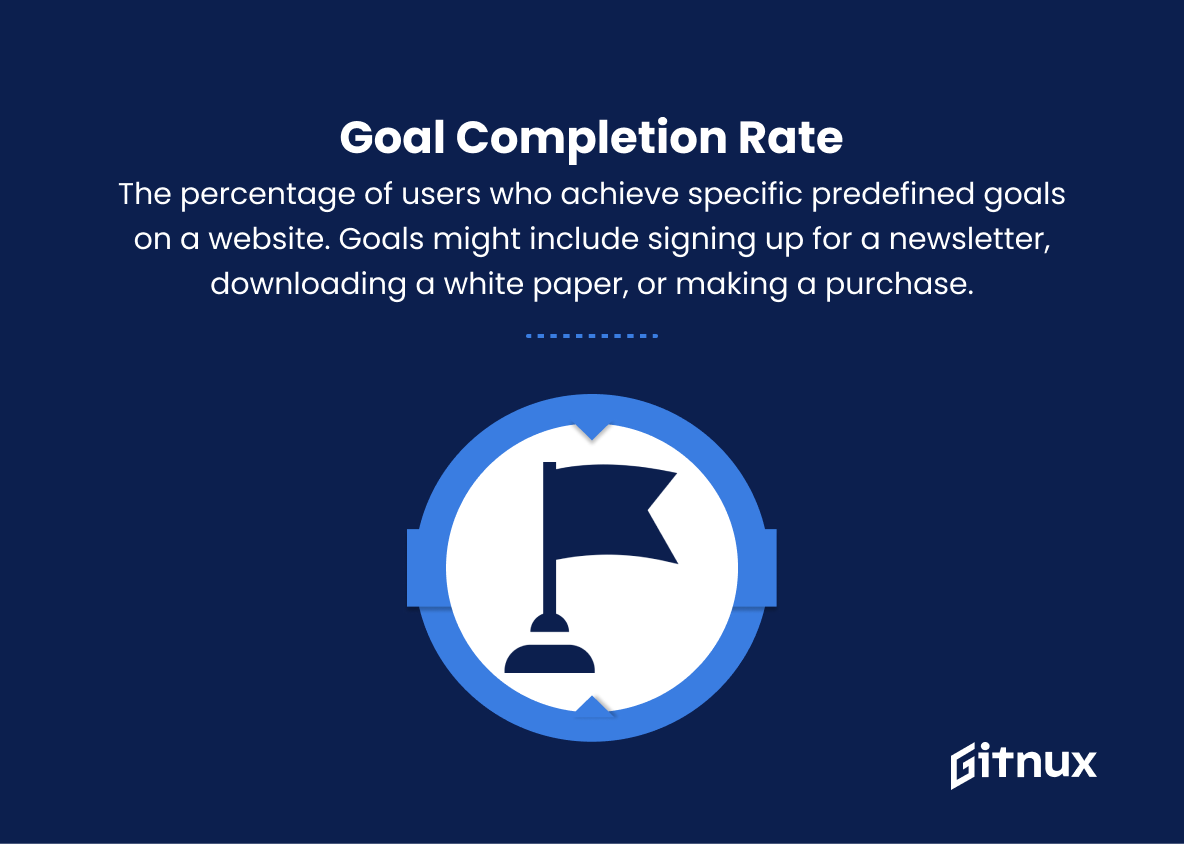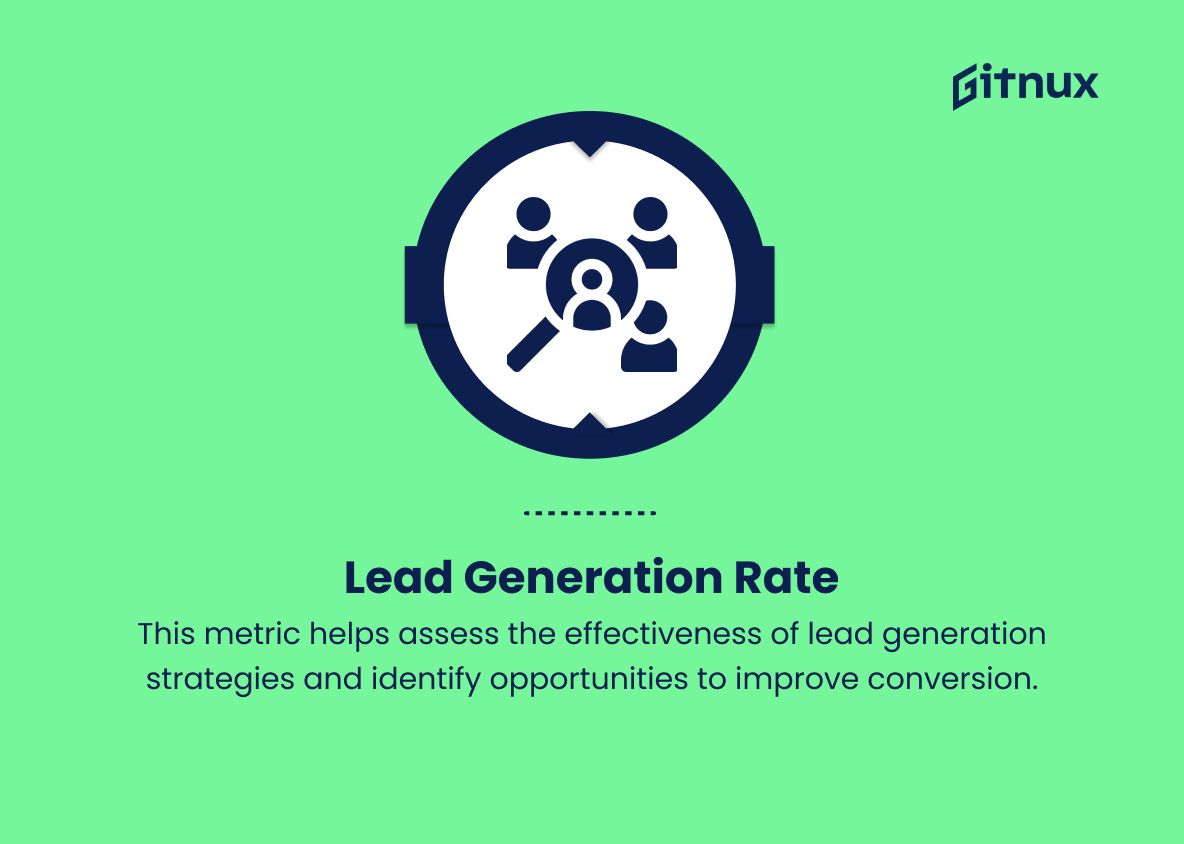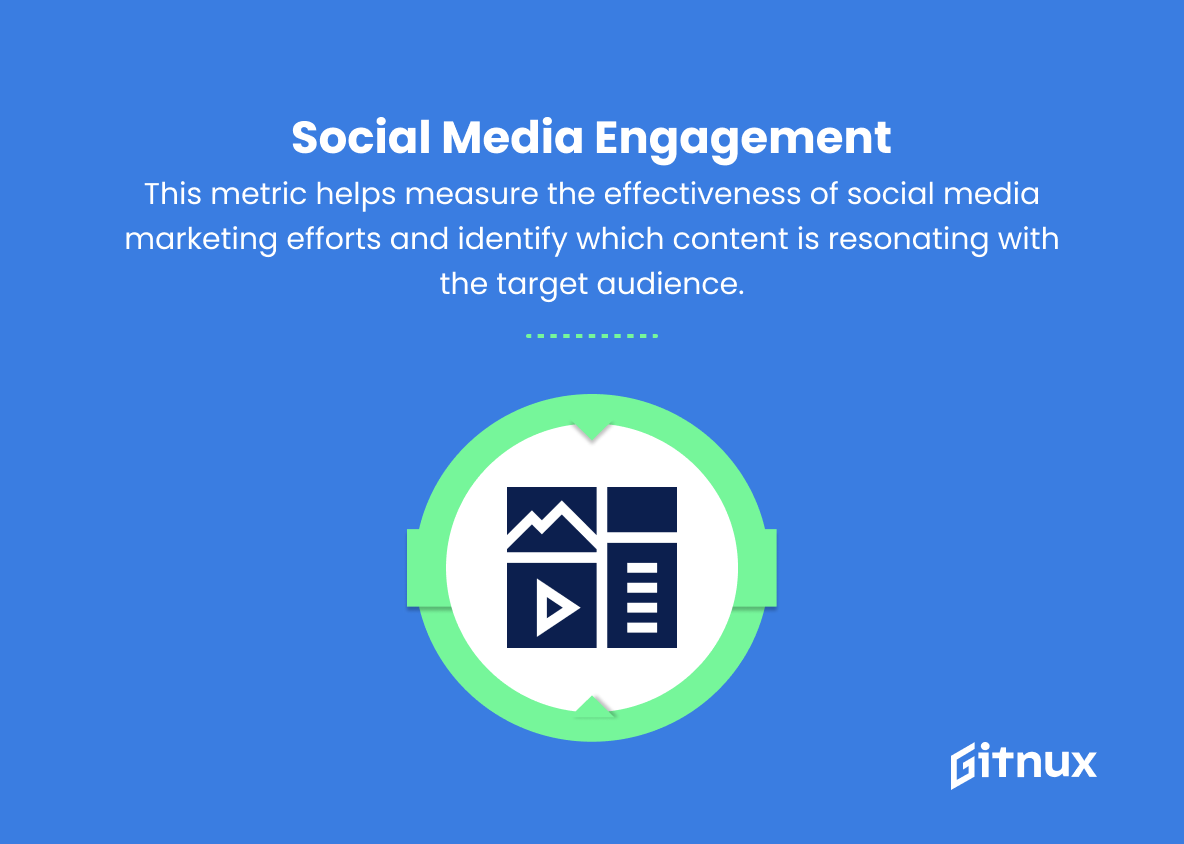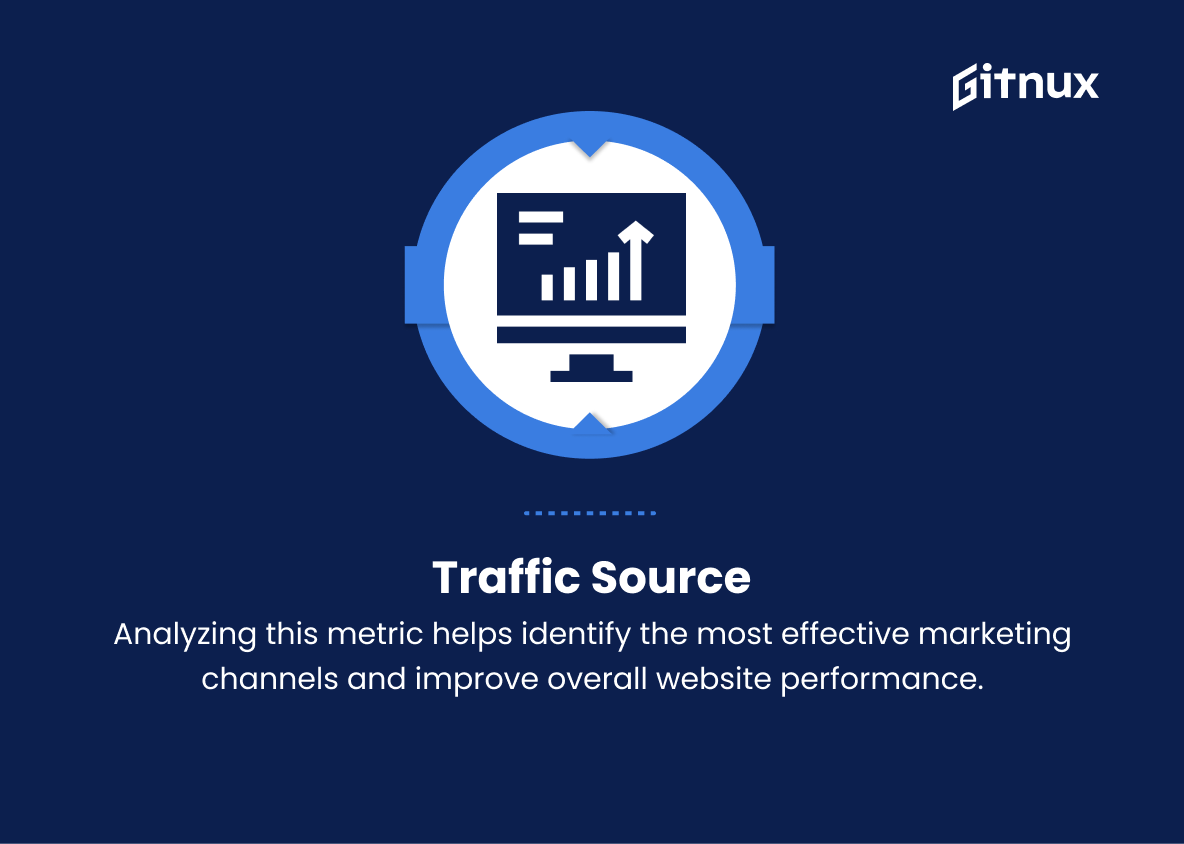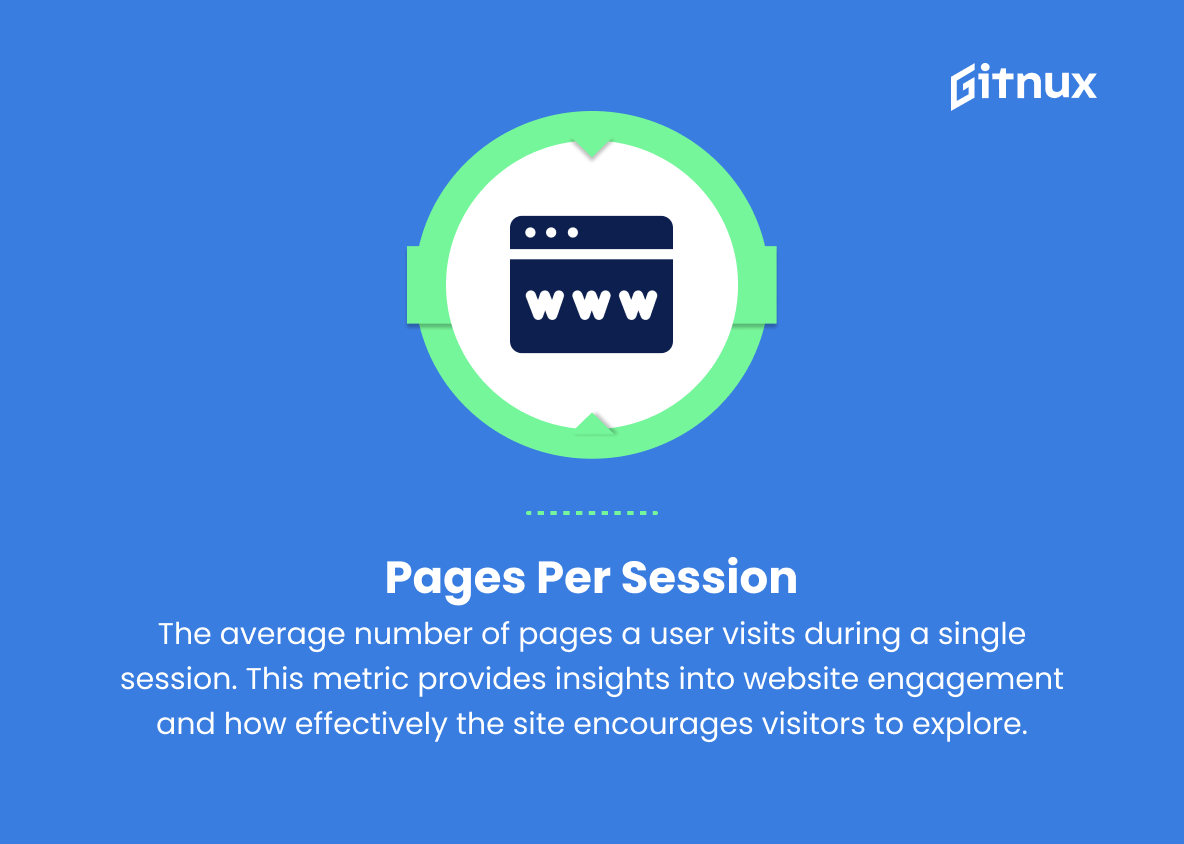In today’s fast-paced digital landscape, understanding and analyzing website metrics has become an essential aspect of running a successful business-to-business (B2B) operation. As companies become increasingly reliant on their online presence to generate leads, engage prospects, and establish their brand authority, having a comprehensive grasp of the underlying data behind their website’s performance is crucial.
In this blog post, we’ll explore the top B2B website metrics that every business professional should be monitoring, dive deep into their significance, and reveal the best practices for leveraging this information to optimize your digital strategy and drive meaningful results. So, whether you are an experienced marketing analyst or just beginning to navigate the complex world of data analysis, this discussion will serve as a practical guide to mastering the vital components of your organization’s online success.
B2B Website Metrics You Should Know
1. Unique Visitors
This metric measures the number of individual users who visit a B2B website over a specified period, providing insights into the website’s reach and audience size.
2. Sessions
This measures the number of interactions users have with a website in a given time frame. A session begins when a user opens the website and ends when they close it or become inactive for a specified time.
3. Average Session Duration
The average amount of time a user spends interacting with a website during a single session. This metric provides insights into user engagement and content relevance.
4. Bounce Rate
The percentage of single-page sessions on a website, where users leave without interacting with the content. A high bounce rate may indicate issues with website design, poor user experience, or irrelevant content.
5. Conversion Rate
The percentage of visitors who complete a desired action on a website, such as submitting a contact form or downloading resources. This metric is crucial for gauging the effectiveness of marketing strategies and identifying areas for improvement.
6. Time on Page
The average amount of time users spend on specific pages of a website. Analyzing this metric can help understand which content is engaging your audience and which pages might need optimization.
7. Click-Through Rate (CTR)
The ratio of users who click on a specific link compared to the total number of users who view that link. A high CTR indicates that the link is relevant and well-positioned.
8. Exit Rate
The percentage of users who leave a website after viewing a specific page. A high exit rate could suggest that the page is not engaging, or users have not found what they were looking for.
9. Cost Per Conversion (CPC)
The average cost incurred to acquire one conversion from digital marketing campaigns such as PPC or display advertising. This metric helps evaluate the effectiveness and ROI of advertising campaigns.
10. Goal Completion Rate
The percentage of users who achieve specific predefined goals on a website. Goals might include signing up for a newsletter, downloading a white paper, or making a purchase. This metric is essential for evaluating the success of marketing efforts and website optimization.
11. Lead Generation Rate
The percentage of website visitors who become potential sales leads by providing their contact information. This metric helps assess the effectiveness of lead generation strategies and identify opportunities to improve conversion.
12. Social Media Engagement
The number of interactions (likes, shares, comments) on social media posts directed to the B2B website. This metric helps measure the effectiveness of social media marketing efforts and identify which content is resonating with the target audience.
13. Traffic Source
The origin of the users visiting the B2B website, categorized into direct, referral, organic search, social, and paid ad traffic. Analyzing this metric helps identify the most effective marketing channels and improve overall website performance.
14. Return Visitor Rate
The percentage of users who return to the website after their initial visit. A high return visitor rate indicates a positive user experience and that the website is providing value to its visitors.
15. Pages per Session
The average number of pages a user visits during a single session. This metric provides insights into website engagement and how effectively the site encourages visitors to explore additional content.
B2B Website Metrics Explained
B2B website metrics are essential in understanding the overall performance, effectiveness, and user engagement of a website. Unique visitors provide insight into the website’s reach and audience size, while sessions measure the intensity of user interactions with the site. Average session duration and time on page help gauge user engagement and content relevance, while bounce rate and exit rate indicate potential issues with website design, user experience, or content. Conversion rate, goal completion rate, and lead generation rate are crucial for evaluating marketing strategies and identifying areas for improvement.
Click-through rate and cost per conversion can help assess the effectiveness and ROI of advertising campaigns. Social media engagement measures the impact of social media marketing efforts, while analyzing traffic sources and return visitor rate can reveal the most effective marketing channels and user satisfaction. Lastly, pages per session show how well the website encourages visitors to explore additional content, contributing to a holistic understanding of the website’s performance.
Conclusion
In the fast-paced world of B2B marketing, understanding and effectively utilizing website metrics is crucial for success. By closely monitoring KPIs such as bounce rates, conversion rates, dwell time, and user engagement, businesses can optimize their websites, deliver targeted content, and ultimately generate more leads, conversions, and revenue.
Continuously refining a website’s performance, learning from data-driven insights, and adapting to the ever-changing landscape is necessary for long-term growth in B2B marketing. In conclusion, investing time and resources in tracking and evaluating B2B website metrics will lead to a more informed decision-making process, stronger online presence, and higher return on marketing investment.
